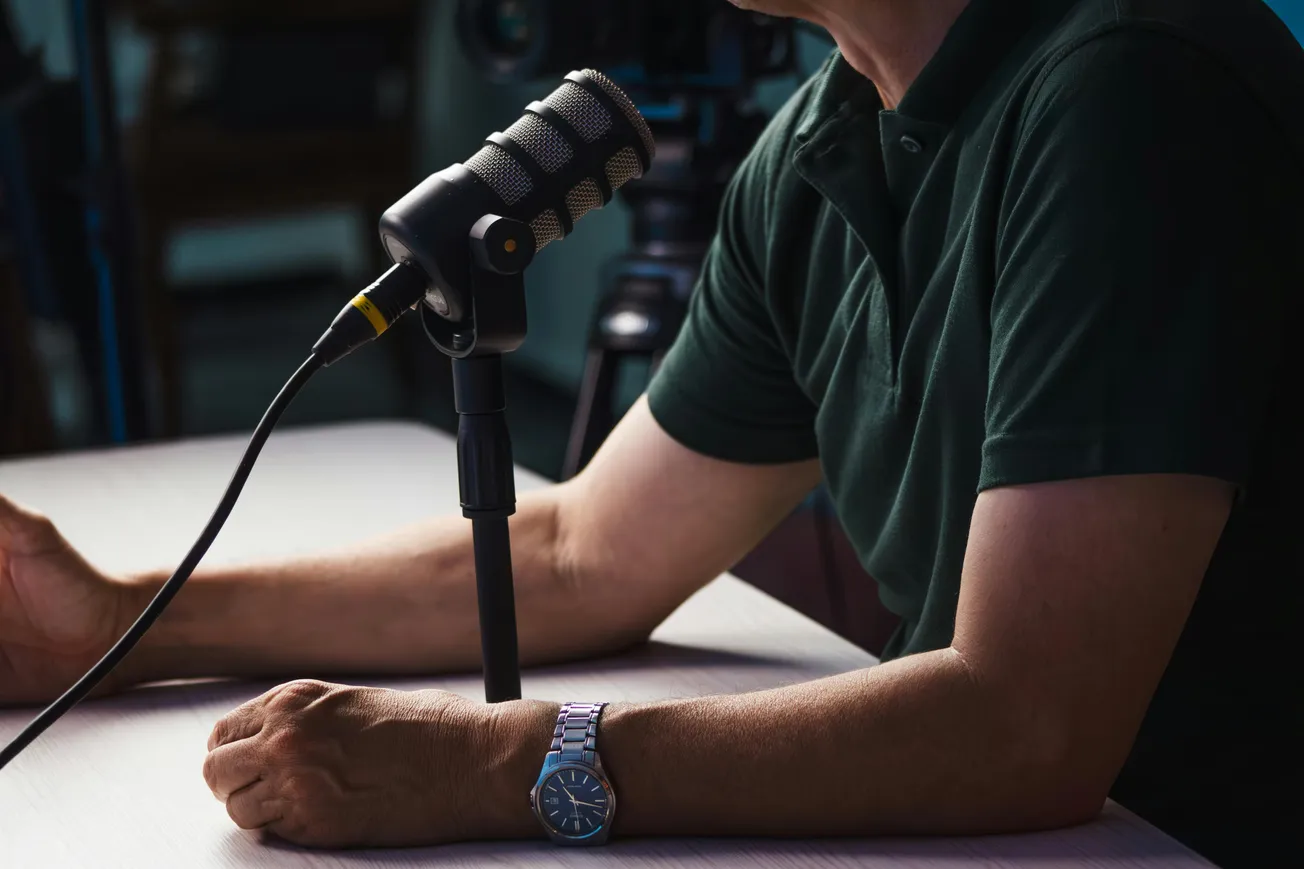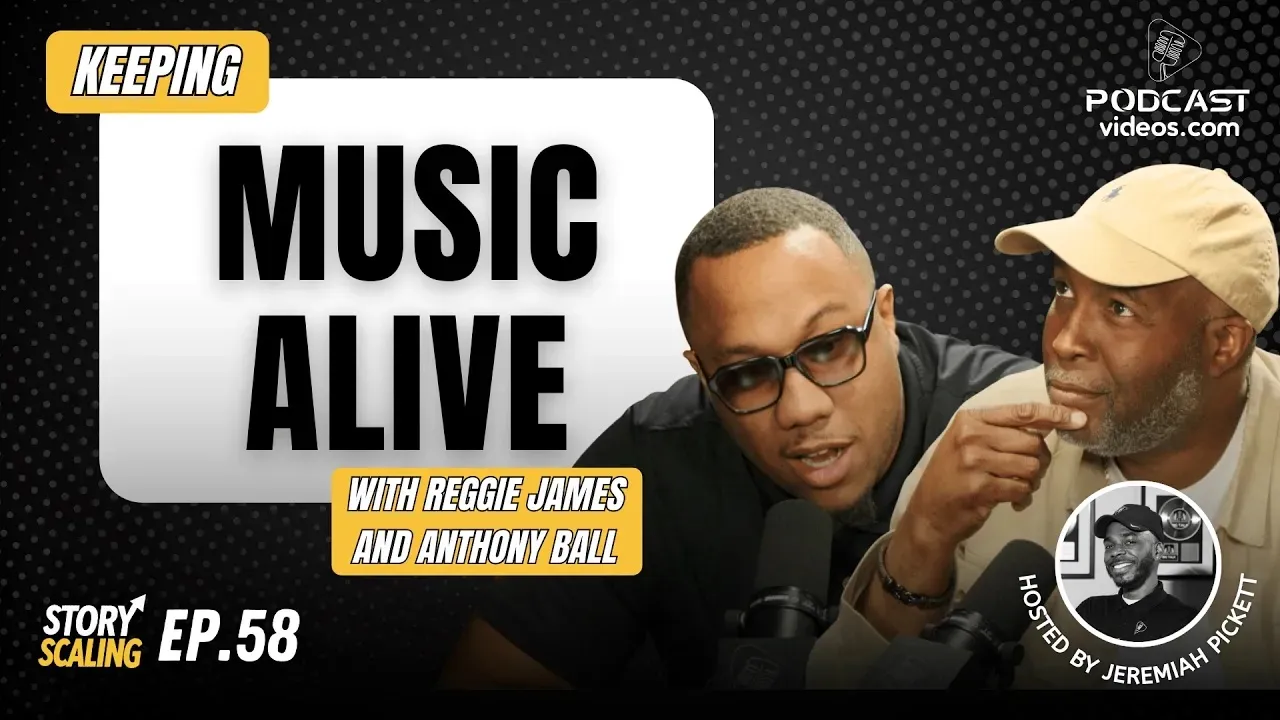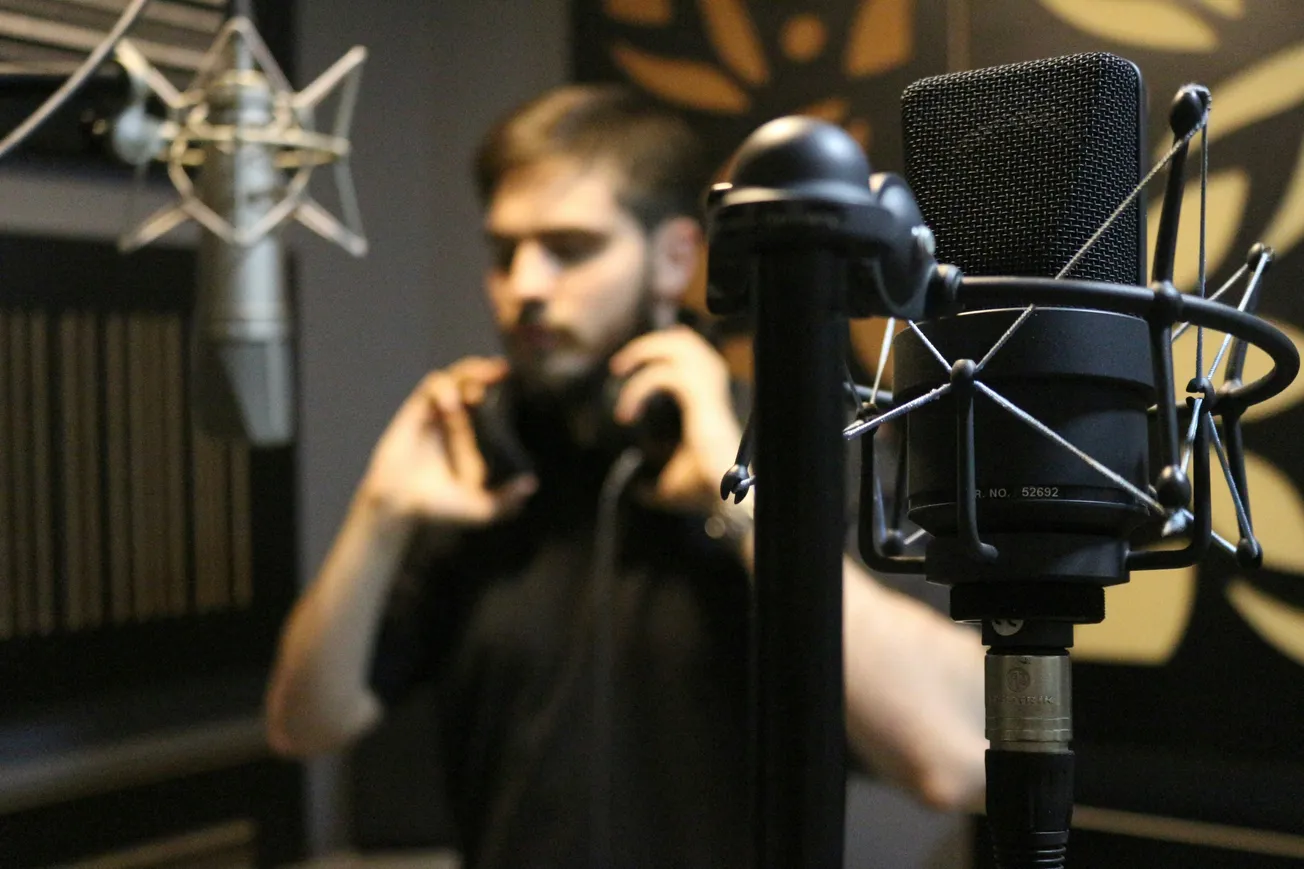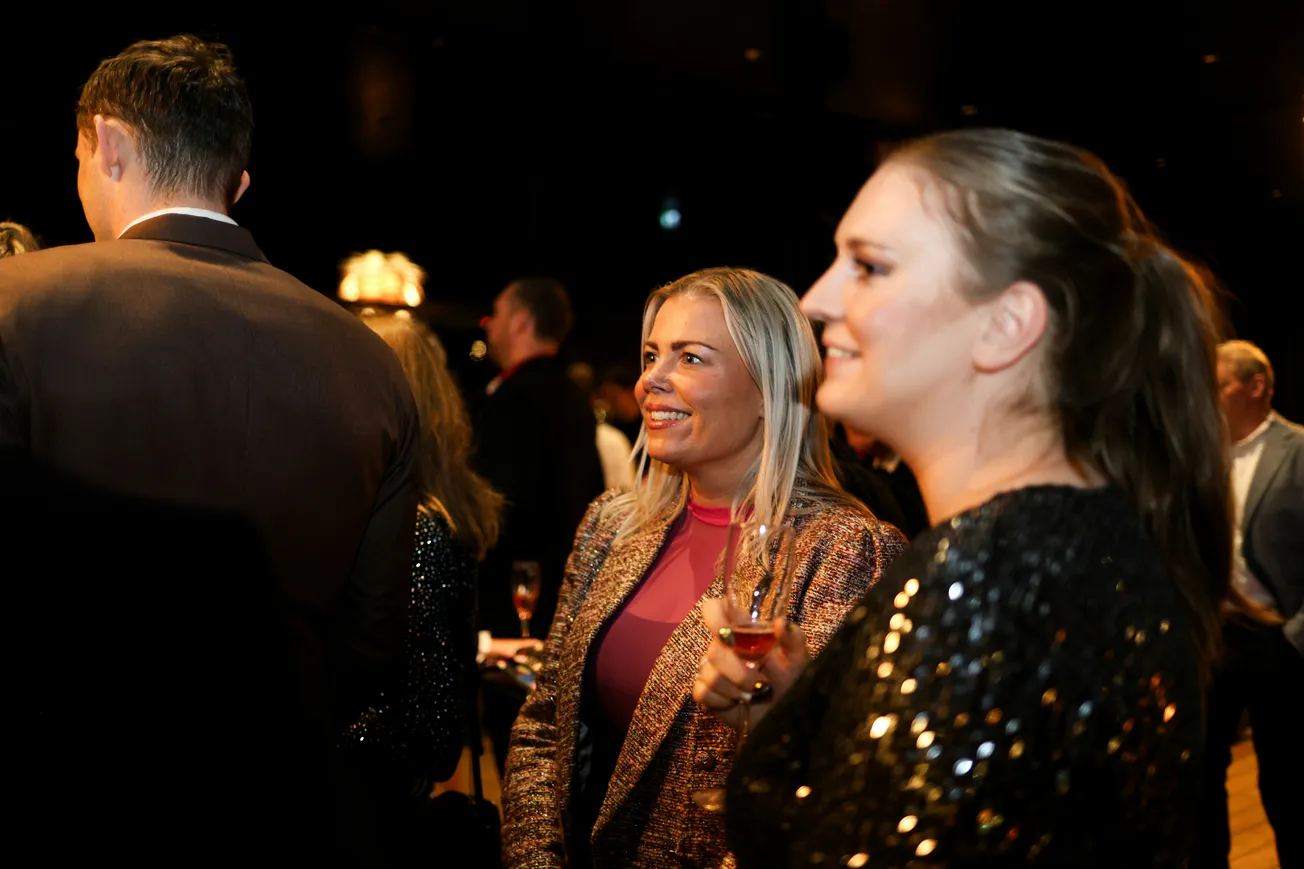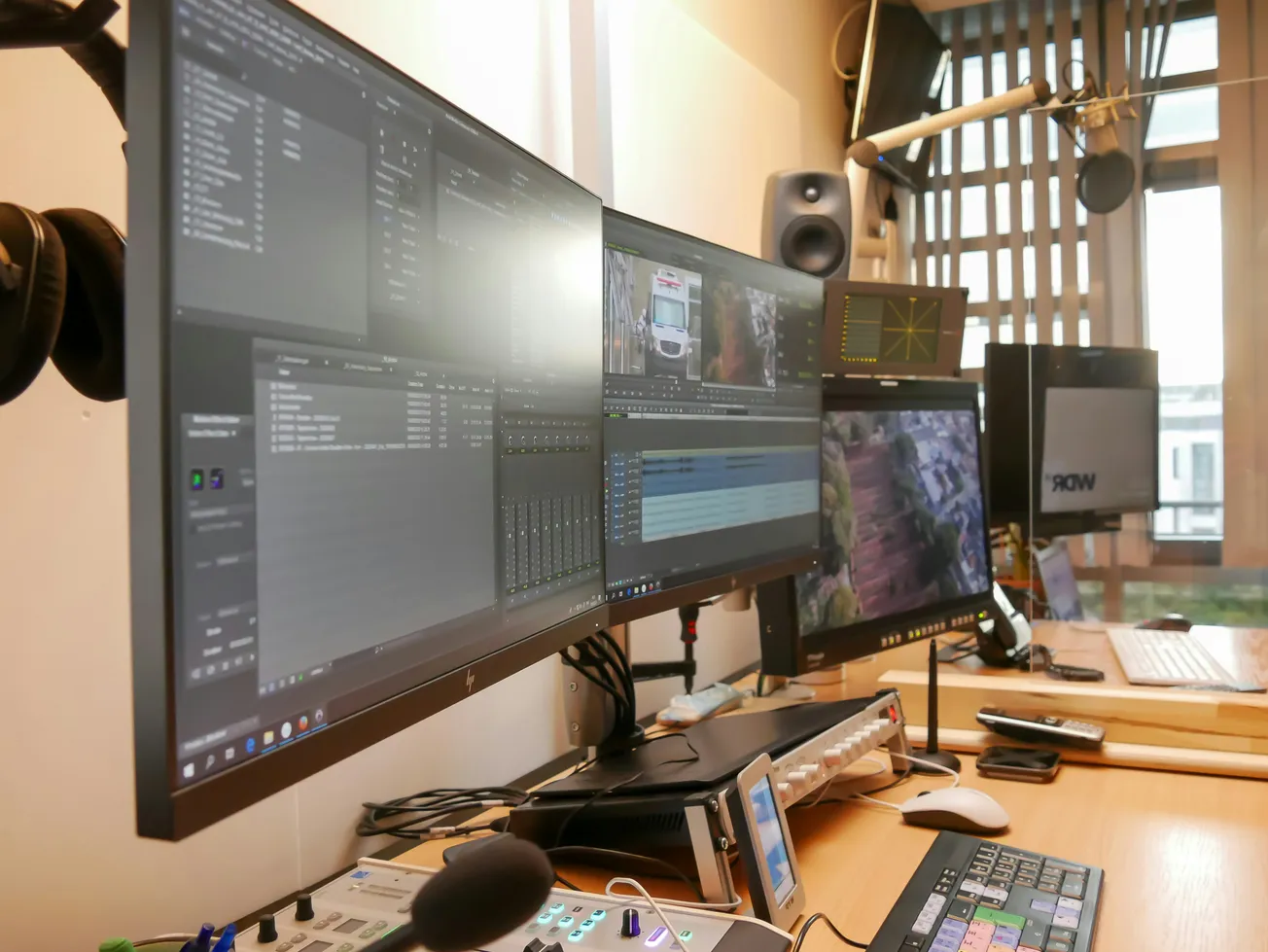1. Preparation
Research is the foundation
Before every episode, hosts benefit enormously from deep guest research; not just names and bios, but recent projects, likely hot topics and unique angles to explore. It helps the conversation feel fresh and relevant.
Know your format inside and out
Structure, pacing and tone: these shape listener expectations and help you stay on point. A well-defined format also guides guests so no one’s left guessing.
Technical polish matters, but it's only half the story
Good gear helps, but clarity of audio, a clean setup and consistent recording practices count more than flashes of high-end equipment. More important is shaping the voice, the questions and giving listeners something they can’t get just anywhere.
2. Personality & Adaptation
Find your voice, then flex it
Hosts grow when they experiment with styles, maybe more formal in some interviews and conversational in others. Over time, you build a comfort zone. Always adapt to the guest and the content.
Turning nervousness into strength
Almost every experienced host starts out feeling out of depth, but confidence grows through repetition: doing the prep, putting yourself out there, handling awkward moments and learning from them. If you're interviewing people “ahead” of you, approach each as a learning opportunity.
Handling tricky guests
When someone is overly scripted, rigid or not naturally conversational, it helps to have backup strategies: guiding questions, moments of improvisation or sometimes re-recording bits for clarity or flow. Part of adapting is rescuing imperfect moments.
3. Persistence (and Patience)
Time investment is real
Some podcast hosts spend months developing a show before launch. Every episode carries invisible hours: planning, guest outreach, editing and approvals. The work before and after the recording shapes how polished an episode sounds.
Learning through doing
Every misstep – awkward question, guest off-script, audio glitches – is an opportunity to learn. Over time, these build your instincts: what to ask, how to edit and when to switch gears.
Growth comes from stretching
Engaging with people more experienced than you, tackling subjects outside your comfort zone and stretching interview skills gradually grow your credibility and confidence over time.
Practical Tips To Move Forward Today
- Before your next interview, spend an hour doing guest research. Dig up a recent interview your guest did and find something they didn’t talk about that could be your unique angle.
- Make a simple checklist for every episode: format, guest briefing, tech check and editing plan. Refine it each time.
- Record mock interviews or segments just for practice. You don’t need to publish them, but you’ll gain familiarity with your voice, pacing and technical setup.
- Review your past episodes – what parts felt strongest? Where did the flow lag? Use those insights to adjust future questions, structure or even how you edit.
Podcasting isn’t just “making a show.” It’s a way of growing as a communicator, leader, and thinker. As you interview others, you learn about industries, ideas and perspectives much wider than your own. Your voice becomes a platform, your questions sharpened and your presence more confident.
Don’t wait until everything’s perfect. Begin with strong prep, bring who you are, stay committed and let the process shape you. It’s in doing the work behind the scenes that you become the kind of host people want to listen to.


